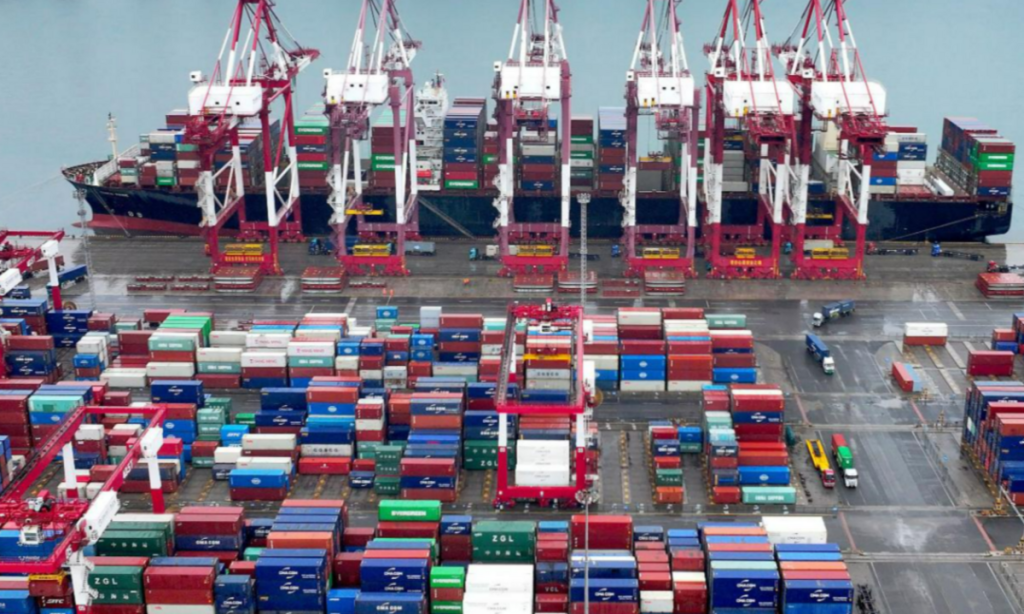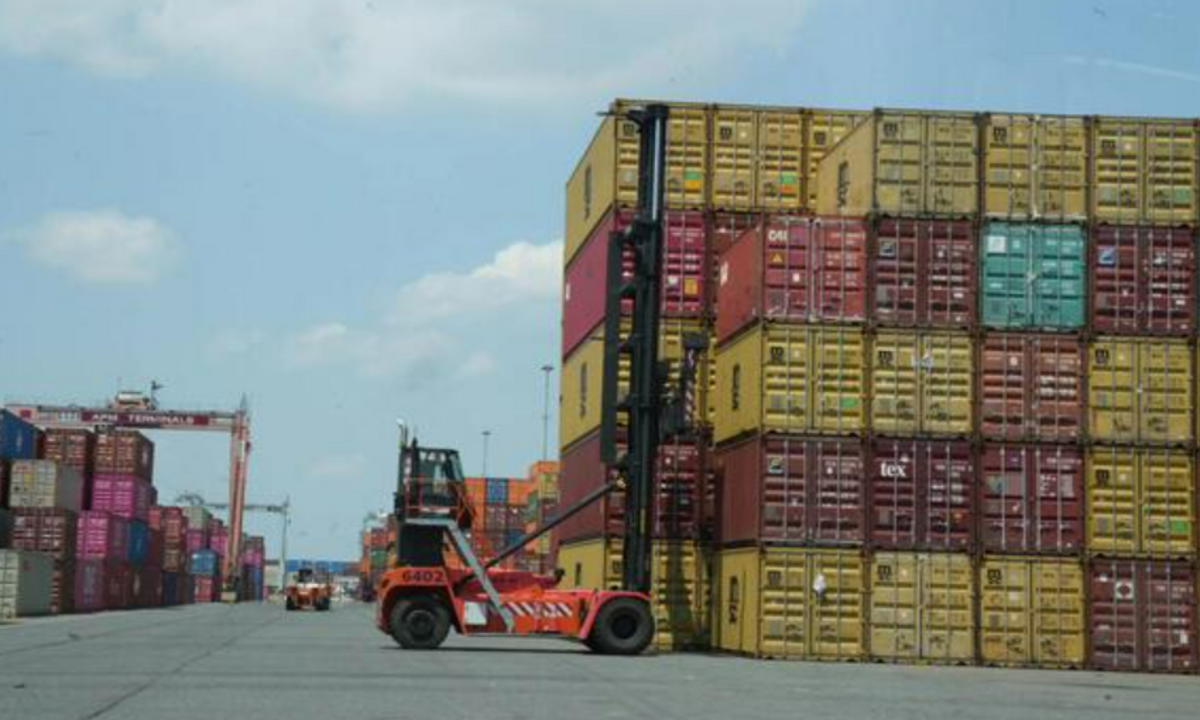Businesses in New Jersey are growing increasingly worried about the economic impact of President Donald Trump’s proposed 10% tariffs on imported goods from China. While some companies have found ways to avoid the immediate effects, uncertainty is making long-term planning difficult.
Businesses Brace for Tariff Impact
Eddie Russnow, owner of Mac Products, an electrical distribution and transmission Company in Kearny, says his business has avoided the direct impact of tariffs so far. Anticipating trade restrictions, his company stockpiled raw materials from China between Trump’s election in November and his inauguration in January. However, many other businesses in New Jersey do not have the same advantage and are now struggling with the uncertainty surrounding the new tariffs.
Trade Relations With Canada and Mexico Also at Risk
Beyond China, Trump has also proposed a 25% tariff on imports from Canada and Mexico. Although these tariffs have been temporarily delayed for 30 days, the uncertainty is already affecting businesses. Many clients in Mexico and Canada have become hesitant to place orders, fearing retaliatory tariffs.
“As a businessperson, how do you plan when your three largest trading partners—Canada, Mexico, and China—are almost being cut off?” Russnow asked.

What Are Tariffs and How Do They Affect the Economy?
Tariffs are essentially a tax on imported goods, which means businesses importing raw materials or manufactured products must pay more. These added costs are often passed on to consumers, increasing prices of everyday products.
New Jersey imported $13.6 billion worth of goods from China in 2023, making it one of the state’s largest trading partners. China also remains the biggest supplier of goods at the Port of New York and New Jersey, shipping over 1 million TEUs (20-foot equivalent units) of products in 2023, compared to India’s 320,000 TEUs.
Economic Uncertainty and Potential Slowdown
Experts warn that the uncertainty surrounding tariffs could slow down the economy. Robert Scott, an economist at Monmouth University, describes uncertainty as the biggest factor preventing businesses from making investments and hiring more workers.
“The economy is heavily tied to social psychology. If businesses and consumers fear rising prices, they will pull back on spending, which could slow growth,” he explained.
Chris Emigholz from the New Jersey Business & Industry Association warns that companies may cut costs or delay expansion plans if trade restrictions continue.
How Much Will Tariffs Cost U.S. Households?
A report from the Tax Foundation estimates that combined tariffs on China, Canada, and Mexico could cost U.S. households an additional $800 in 2025. Tariffs on China alone could raise household expenses by $172, according to NPR.
However, economist Jeffrey Otteau believes the actual impact could be lower. “A company might increase prices by 5% and absorb the rest of the tariff cost,” he said.
Which Products Will Be Affected?
Common imports from China that could see price increases due to tariffs include:
Fish and crustaceans
Vegetable oils and fats
Corn, fruits, and nuts
Dairy products, honey, and eggs
Cereal, wheat, and flour
Coffee, tea, and spices
Apple juice, garlic, and vinegar
Soaps, lubricants, and candles
Apple iPhones and Electronics May Become More Expensive
One high-profile product that may see price increases is the Apple iPhone. In 2018, Apple received a waiver from Trump’s previous tariffs, but this time, the company may pass the additional costs onto consumers, according to CNBC.
Impact on Interest Rates and Stock Markets
The Federal Reserve is also closely monitoring the effects of trade restrictions on the economy. Some analysts believe the uncertainty caused by tariffs could lead to higher interest rates as the Fed takes a more cautious approach to rate cuts.
“This is not positive news,” said Otteau. “The effect on households will likely be small, but businesses may feel the pressure.”
Final Thoughts
New Jersey businesses are navigating an uncertain economic landscape as Trump’s tariffs create concern over supply chains, costs, and trade relations. While some companies have prepared by stockpiling goods, many are now facing difficult decisions about pricing, hiring, and expansion.
As trade negotiations continue, companies are left waiting to see whether the tariffs will be permanent, adjusted, or removed. In the meantime, businesses and consumers alike should prepare for potential price increases on imported goods.
Disclaimer—Our team has checked this article to ensure its accuracy and eliminate any misinformation. We are committed to providing clear and reliable information for our readers.


